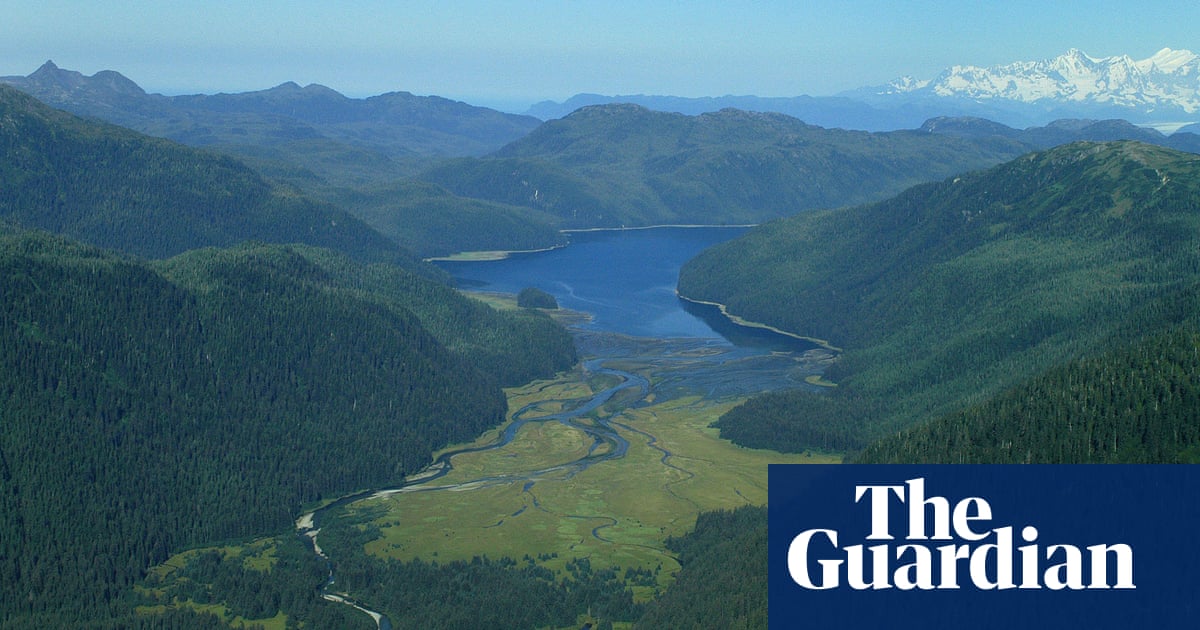Finite Carbon, created in 2009 and bought by British multinational oil and gas giant BP in 2020, is responsible for more than a quarter of the US’s total carbon credits, which it says it generates from protecting more than 60 “high credibility, high integrity projects” across 1.6m hectares (4m acres).
However, experts at the offsets ratings agency Renoster and the non-profit CarbonPlan analyzed three projects accounting for almost half of Finite Carbon’s total credits, with an estimated market value of $334m, according to analysis by market intelligence company AlliedOffsets. Renoster found issues, including trees in a project in the Alaska Panhandle that were probably never in danger of being cut down in an already extensively logged area. Of the credits Renoster looked at, they found that about 79% should not have been issued.
Renoster, a company mostly used by prospective buyers of carbon credits to help them avoid those without real climate benefits, was commissioned by the non-profit newsroom SourceMaterial to examine Finite’s projects. CarbonPlan provided additional analysis.



This is the best summary I could come up with:
Renoster, a company mostly used by prospective buyers of carbon credits to help them avoid those without real climate benefits, was commissioned by the non-profit newsroom SourceMaterial to examine Finite’s projects.
The US treasury secretary, Janet Yellen, in May unveiled new principles to help strengthen the carbon market in an effort to “address significant existing challenges”, saying she had seen too many examples of offsets which didn’t represent real emissions reductions.
Last year the Guardian, SourceMaterial and the German newspaper Die Zeit revealed that as many as 90% of the most commonly traded offsets may be practically useless in mitigating global warming.
The former Sealaska executive vice-president Rick Harris said at one point prices for chartering helicopters dropped to such low levels that the company could afford to hire them to cut down low-value pulp logs.
Dave Clegern, public information officer for the California Air Resources Board (Carb), said: “If trees on steep terrain are valuable enough to warrant the cost of getting there and moving logs down the mountaintop, then they may be included in a baseline calculation.
Recent years have seen tribal lands ravaged by wildfires made more extreme by climate change, and there is a realization that carbon markets have played a role in allowing companies to pollute.
The original article contains 1,876 words, the summary contains 211 words. Saved 89%. I’m a bot and I’m open source!